

Have I aged out of the scene? Was Dieselgate the beginning of the end? Did VW stop catering to the enthusiast community? I’m not sure, but I don’t think I’m alone in asking: Are Volkswagens just not as cool as they used to be?
This thought recently sparked a conversation among The Drive’s editors. See, a number of us were once absolute VW fanatics. I personally have owned three in my life, including a Mk7 Golf R, a doomed W8 Passat, and a Tiguan we don’t need to mention. Jerry Perez owned a hella sweet Mk4 Golf R32, and Aaron Cole has a Mk6 Jetta TDi, which was preceded by a Mk2 Jetta Wolfsburg and an Mk5 Passat. Caleb Jacobs owned both a Mk4 Golf GTI and a Corrado VR6 in his teen years. Until recently Chris Rosales was mobbing in his Mk6 Golf GTI and still owns a Jettia TDi. Rob Stumpf had a Mk2 Westy Golf, a “big turbo” Mk4 Golf, and an Mk5 Jetta GLI.
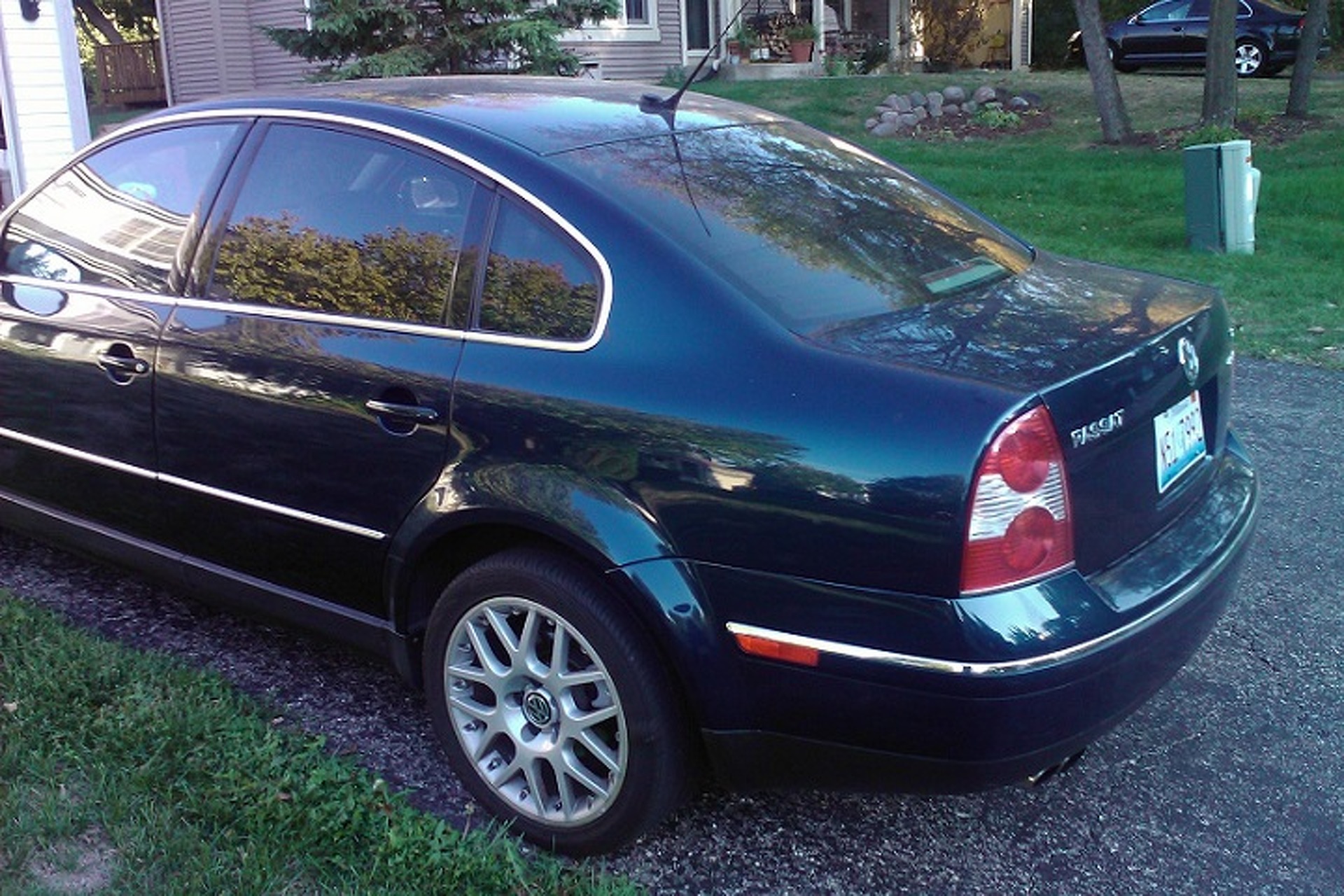
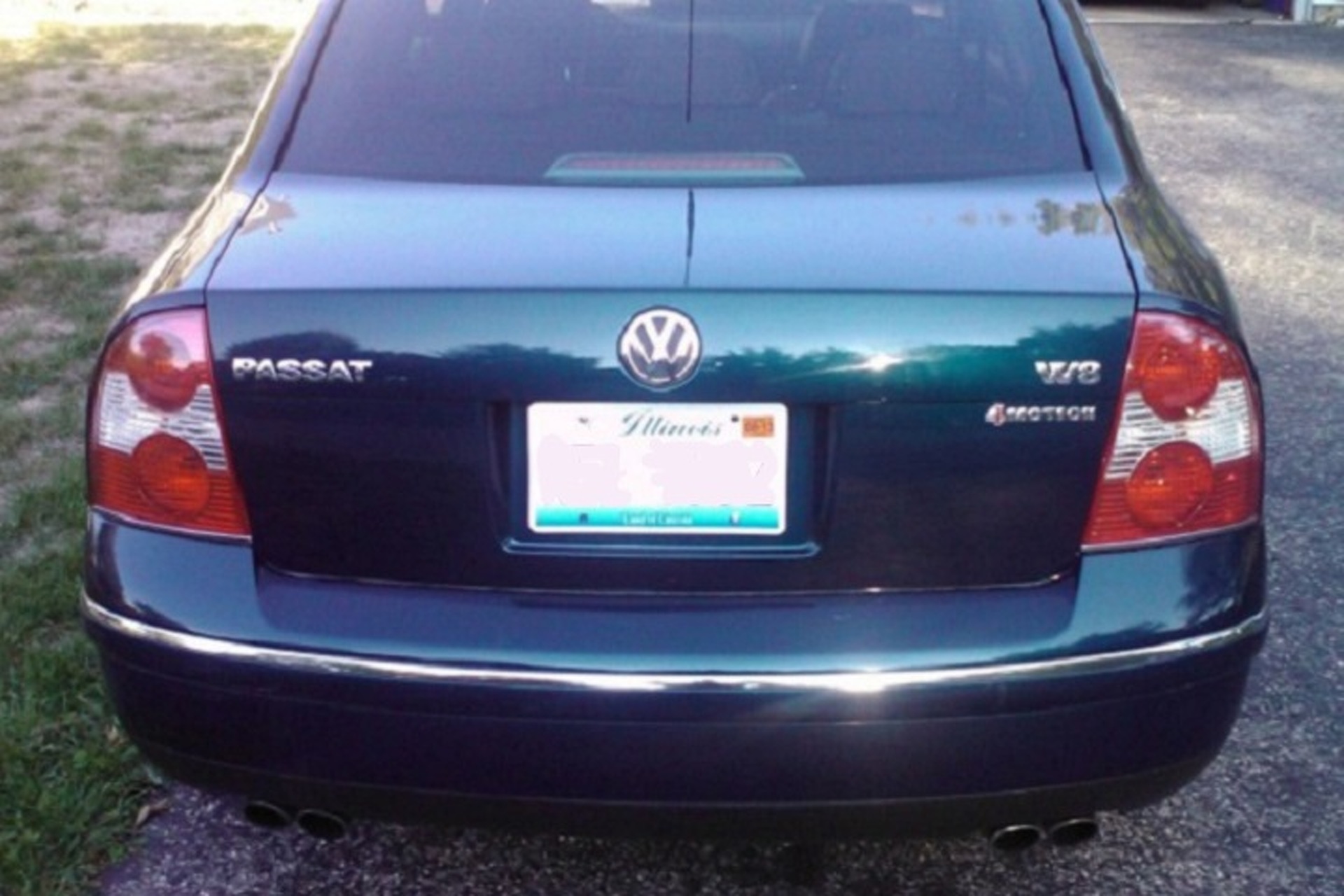
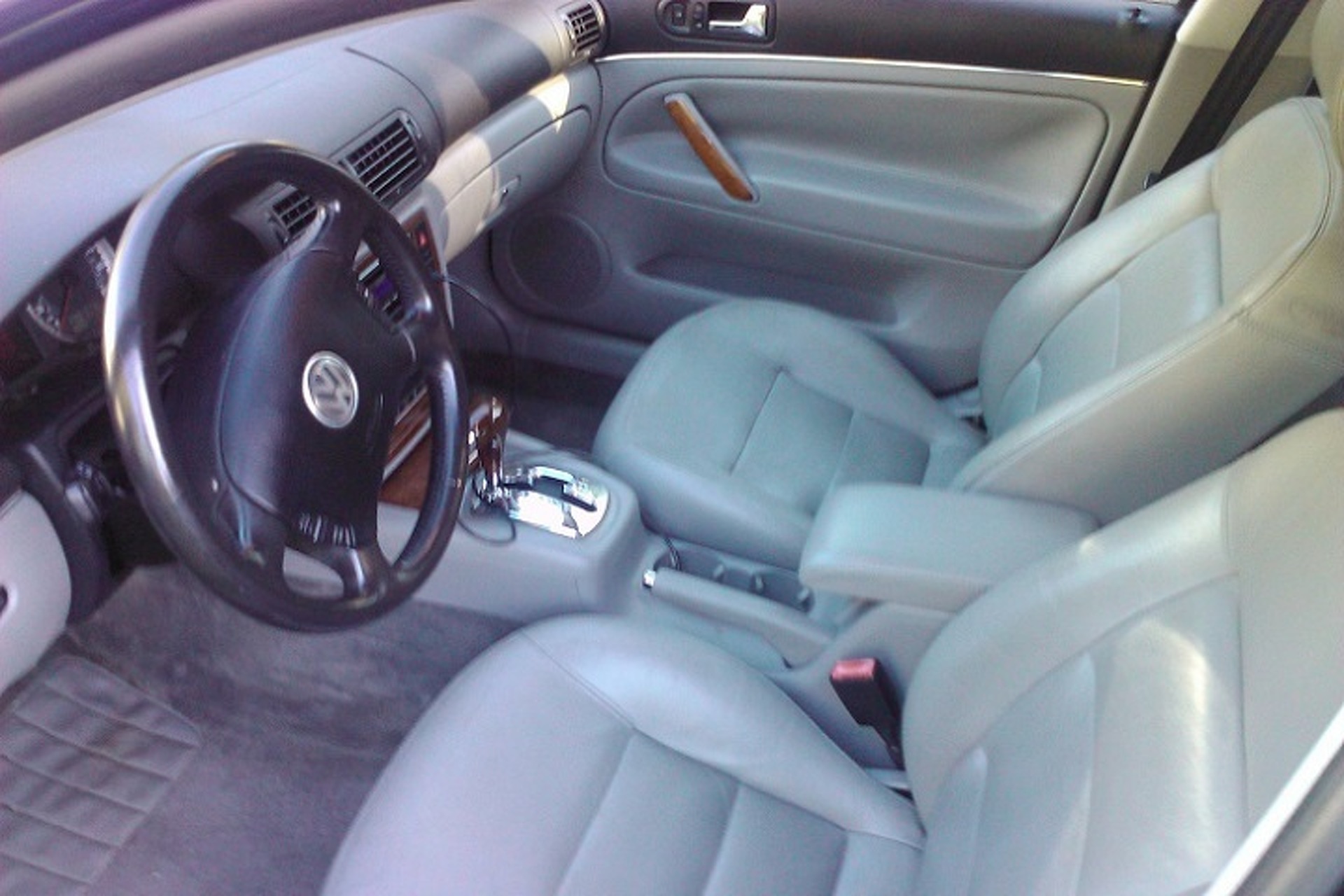
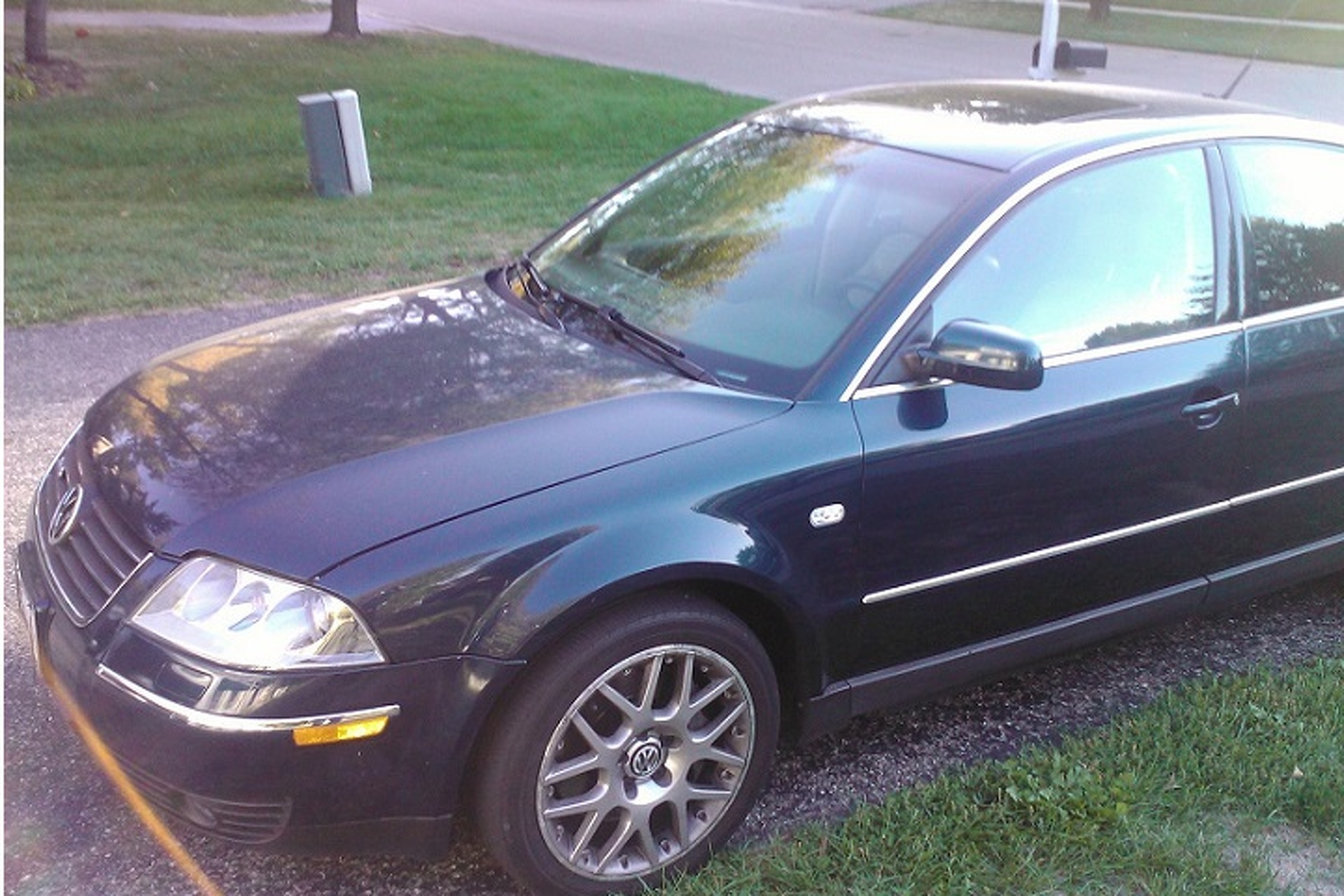
For a significant portion of our staff, VWs were instrumental in honing our passions, our wrenching abilities, and our appreciation for accessible, fun-to-drive cars. But today, the only V-Dubs still among us are those two Jetta TDis living with Aaron and Chris—neat cars in their own right, but not exactly enthusiast specials. The rest of us have moved on to other marques; Chris even traded in his GTI for a 2019 Honda Civic Type R.
That this is happening while the Golf GTI and Golf R are still with us is all the more curious. Not only are fresh versions of those cars on sale, but they still hew close to their original formulas and, apart from the haptic infotainment controls, have received pretty positive reviews. But compare the somewhat muted response they got to the unreal hype surrounding the recent debuts of two other new hot hatches, the Honda Civic Type R and the Toyota GR Corolla. VW’s just not in the mix like it used to be.
What’s more, over the decade I’ve spent writing about cars, I’ve seen the level of enthusiasm drop whenever we throw up a post about the latest and great to come out of Wolfsburg. Even talk of the next generations of the last two VW performance cars being all-electric hasn’t really stirred anyone’s pots the way other such announcements have. So what the hell happened? When and where did Volkswagen lose its street cred?
I’ve been pondering this a lot since that first talk with my colleagues, and I think there are four main reasons enthusiasts have quasi-abandoned the brand. It starts eight years ago with Dieselgate and the effect that scandal had on the company’s public image and ability to market itself. In turn, the whole “people’s car” ethos that made VWs shine for generations began to fade. As this was happening, VW’s major competitors started dialing into its own hot-car-for-the-everyman formula—all while the influence of the company’s Chief Crazy Person Ferdinand Piech finally faded away from its products.
Quite a perfect storm. Ultimately, we’re left with a company more equipped to build and market things like Tiguan and Atlas and ID4 crossovers than its more exciting fare. It doesn’t put those parts of itself out there like it used to. I mean, when was the last time you saw a commercial for a GTI?

As the fallout began post-Dieselgate in 2015, VW quickly abandoned its quirky, fun public persona for something beneath norm-core, or what I like to call stealth-beige. Gone were the weird and memorable ads like those featuring Peter Stromare unpimping your ride, replaced by matter-of-fact and forgettable things that wouldn’t remind folks that VW was hiding a boatload of corporate malfeasance under that humor.
Advertising went on the DL.
And even though you had the automotive media still singing the praises of the Golf GTI and Golf R models in the press, including myself, the marketing behind those models was all but stripped to the bone in favor of whitebread ads on the even whiter bread Atlas and Tiguan. You had spots that parroted Toyota or were strictly “Here’s the Taos, and it has automatic emergency braking.” Cool.
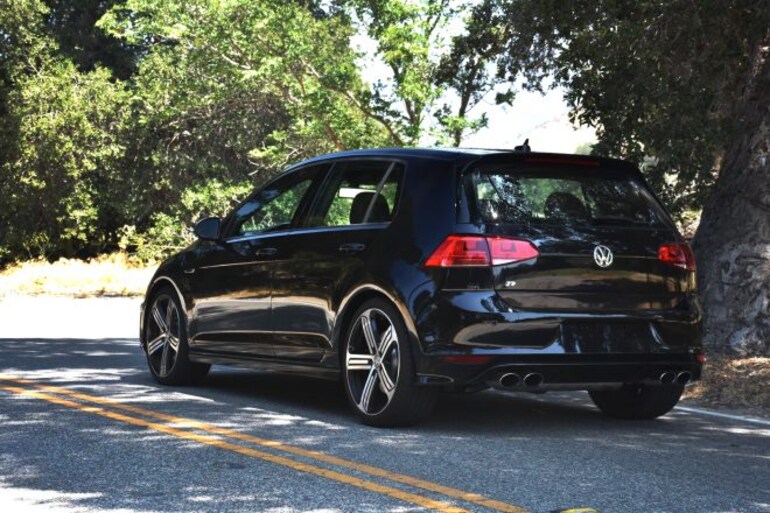
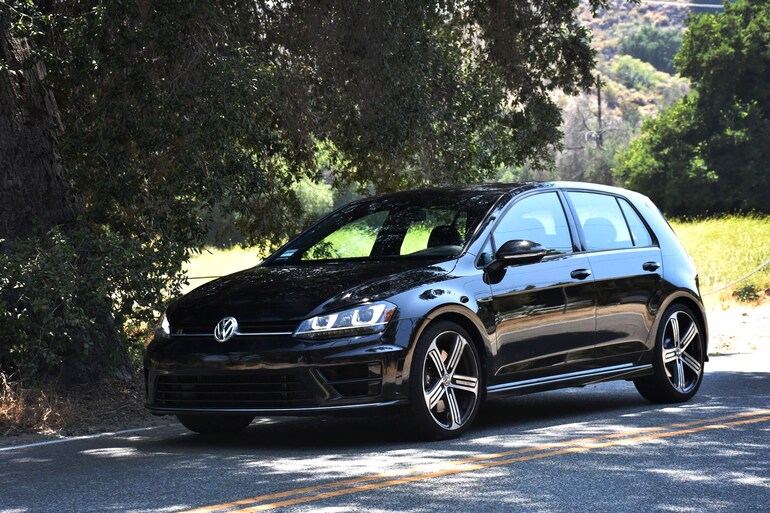
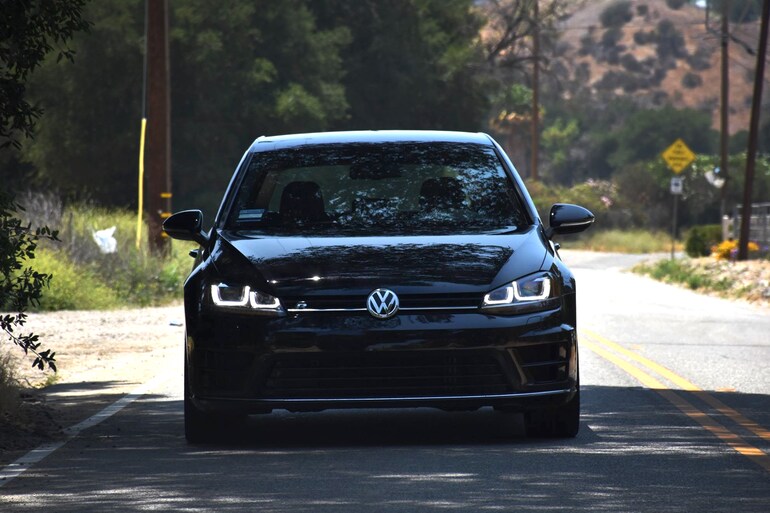
Stealth beige is the only way you can describe it all. When I first thought about it, I immediately remembered those unpimp your ride GTI ads, even well over a decade later. But honestly, I can barely recall a single VW ad from recent years. It doesn’t even seem to know what to do with the ID Buzz van, genuinely the most interesting thing VW is doing right now. Why that isn’t at or near the center of its marketing efforts a la the New Beetle is beyond me.
(There was one fun Audi commercial from the North American arm of the company, but corporate made them pull that almost immediately. No one really knows why…)
What’s more, though more affordable enthusiast machines have withered in the sun, those that have stuck around have taken the fight directly to Volkswagen. Performance cars like the Honda Civic Type R, Subaru’s WRX and WRX STI, the Hyundai Elantra N, Toyota GR Corolla, Focus RS and ST (RIP), and the Toyobaru twins all got really good. They are—or were—practical, affordable performance machines, which was VW’s whole schtick.
Though it always had competition, VW used to get by on the strength of its German roots; its cars were world beaters in balancing quality and affordability. But it hasn’t maintained that engineering lead, and Golf sales as a whole have plummeted since 2018.
So have the numbers for a lot of small cars, of course. However, VW’s response was to shift the Golf GTI and R more upscale. You found yourself speccing premium leathers, good sound systems, more power, etc, and as a result, the cars got a whole lot more expensive. The GTI currently starts at $30,530, and that price balloons to $44,740 for the R before markups. The Toyota 86, Honda Civic Si, and Hyundai Elantra N all undercut the GTI, while there are a LOT of cool cars you could get for $45,000. VW’s performance products lost a lot of the pull they once had as a result.

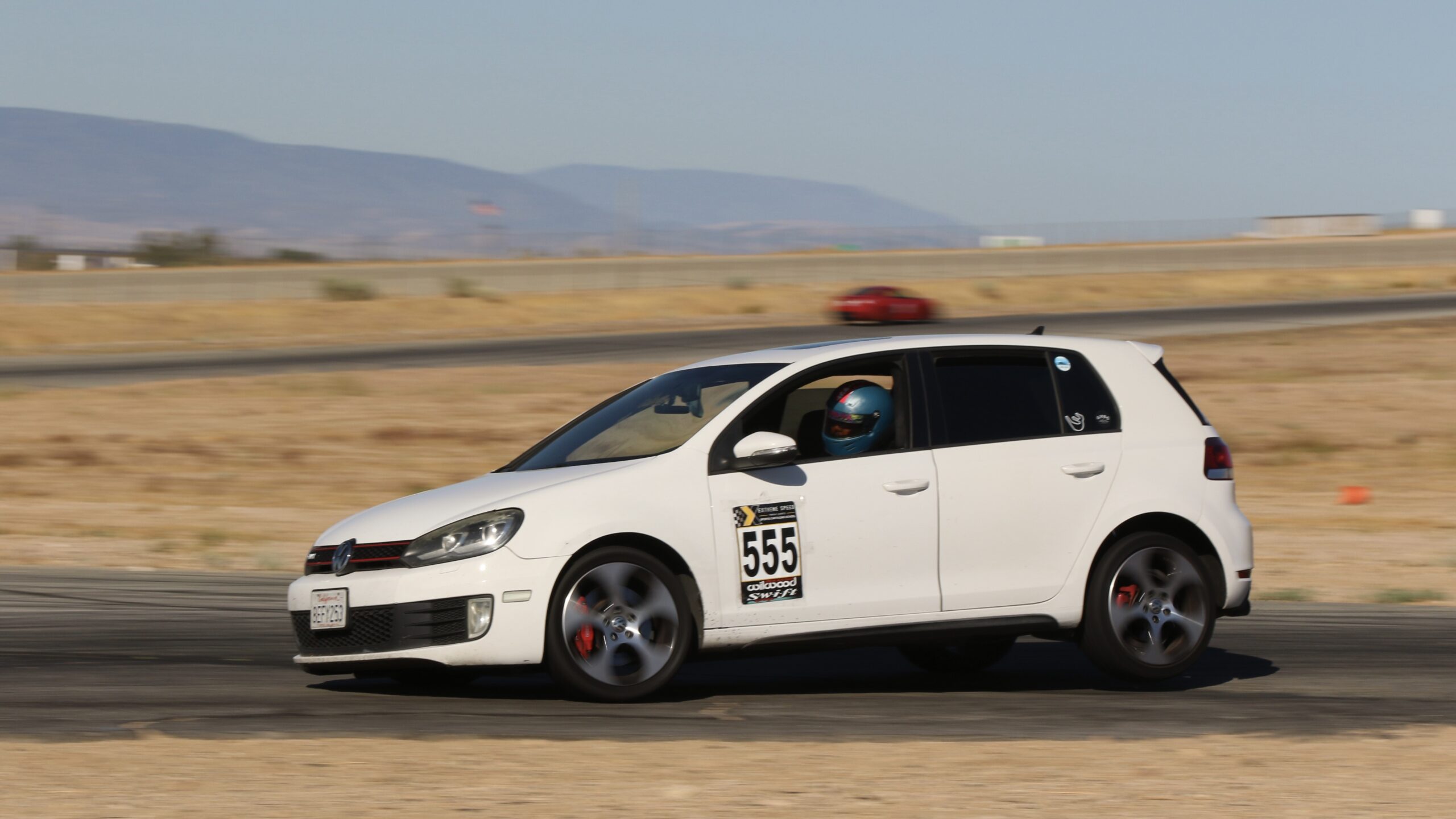
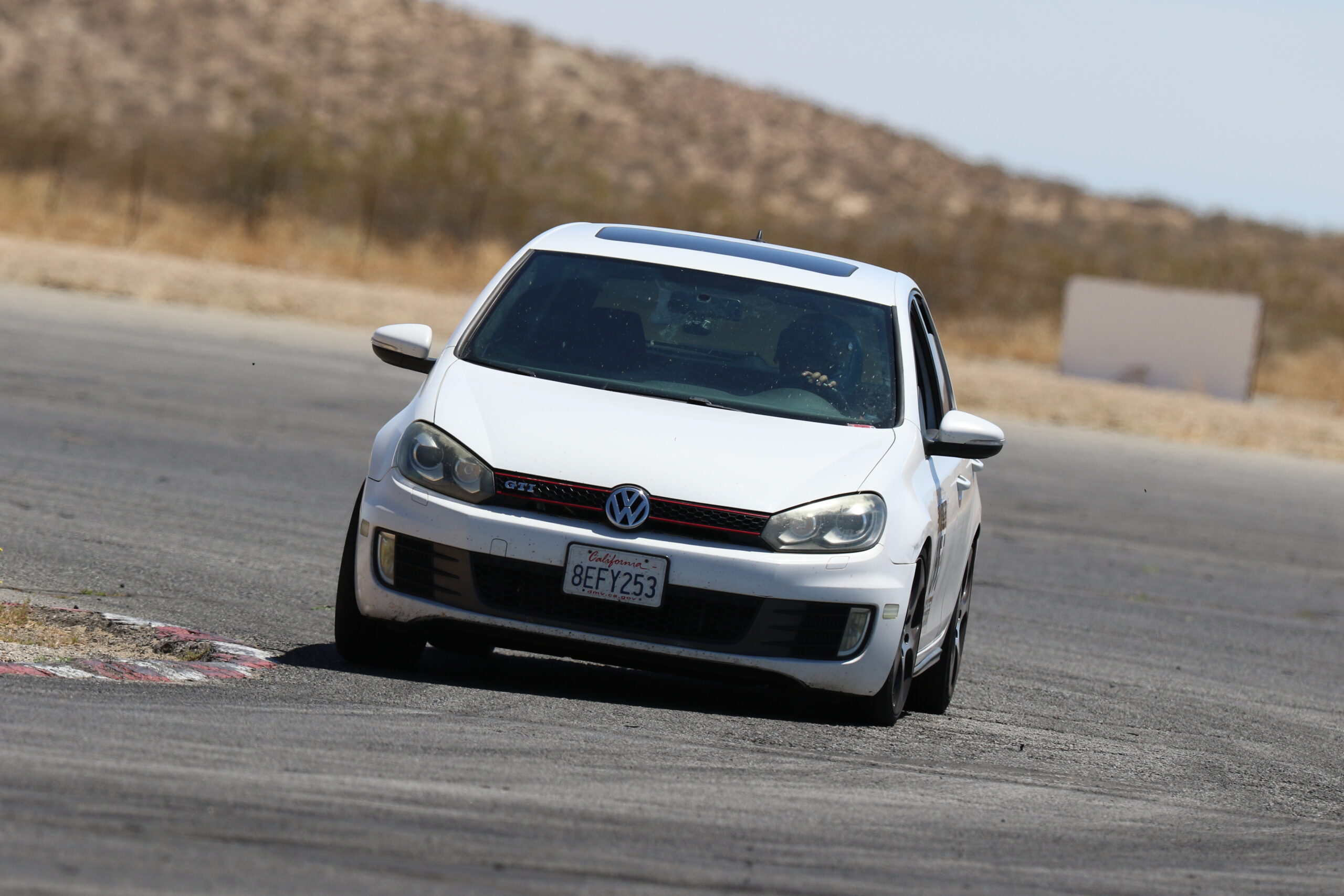
That pull, that insatiable desire, came out of the car’s over-engineering and appeal not just to the masses, but to anyone in the enthusiast space. As Rosales said to me as I was writing this article, “VW’s cars transcended class and wealth. The GTI would look good on anybody, and a billionaire wouldn’t mind using one as a runabout, nor would a kid who just got out of college. There was an unplaceable excellence in the design, engineering, and refinement of the cars. They felt expensive. They did everything right, with no excuses. And they looked good.”
Writer Robbie Bacon echoed the sentiment, saying “The Golf GTI was a refined, practical car that you could take the kids to school in and then redline home, and it didn’t cost much more than a regular family car. It was so hard to argue against. But as VW tries to make it more premium, the essence is lost.”
And because of that, Volkswagen’s cool cars are both too expensive and too lifeless to actually be cool today. There is no counter-culture messaging with it. There’s no sticking it to the wealthy in what’s essentially an economy car. Or knowing you have something cool that didn’t cost a fortune. The cars are feeling like rebadged Audis, and that isn’t a compliment.
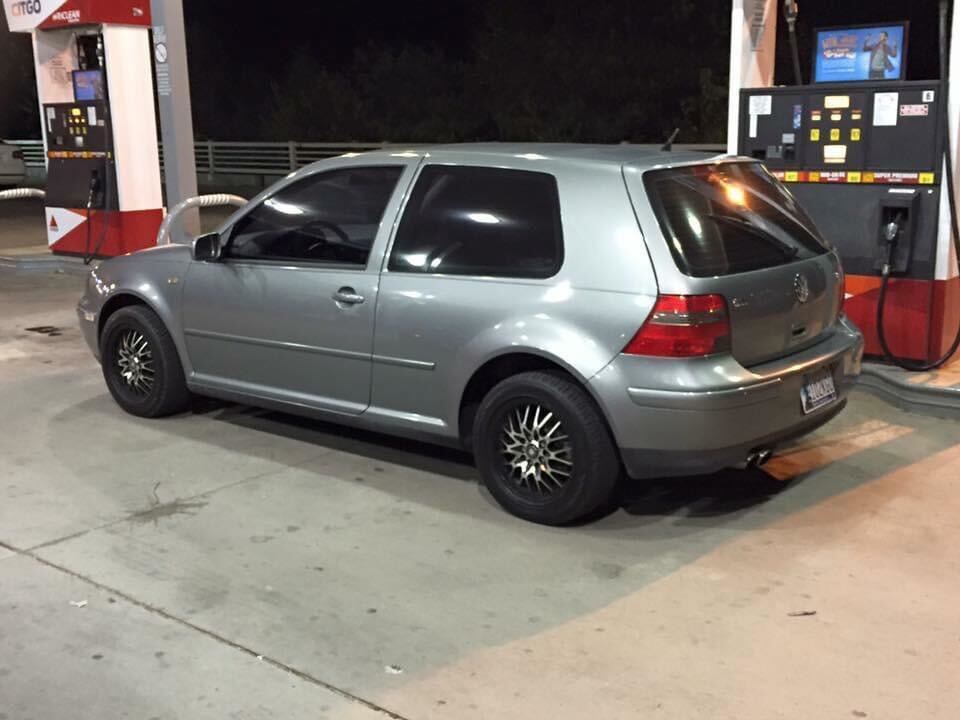
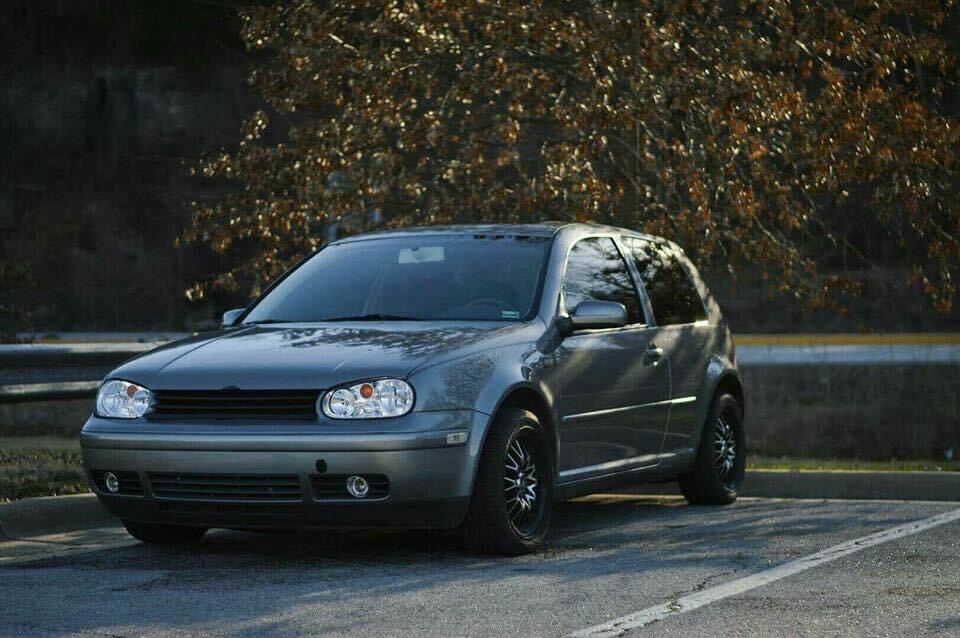
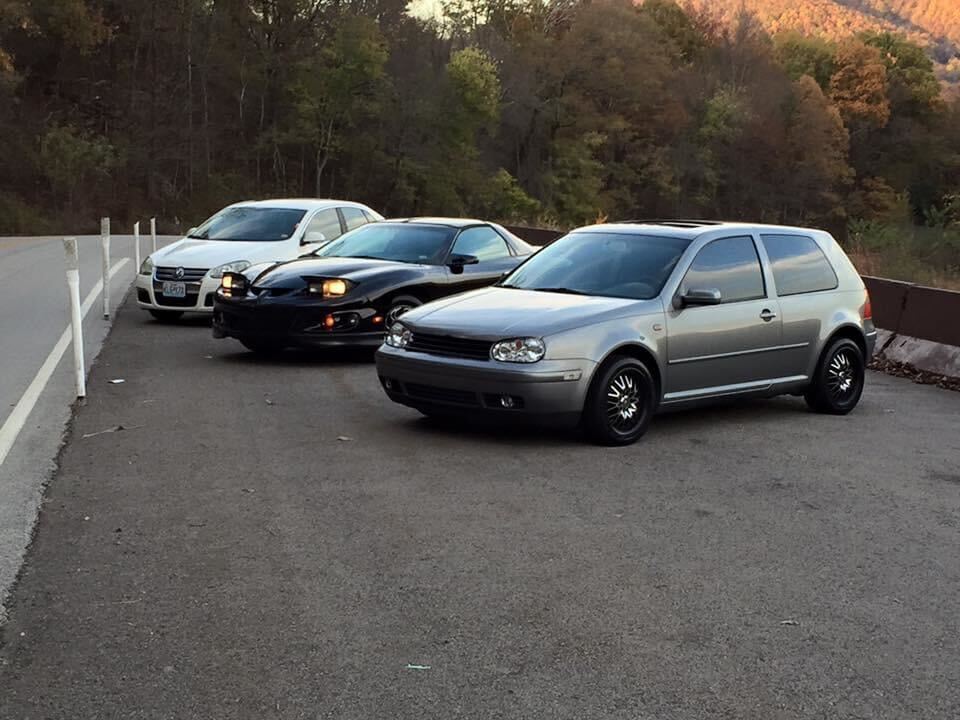
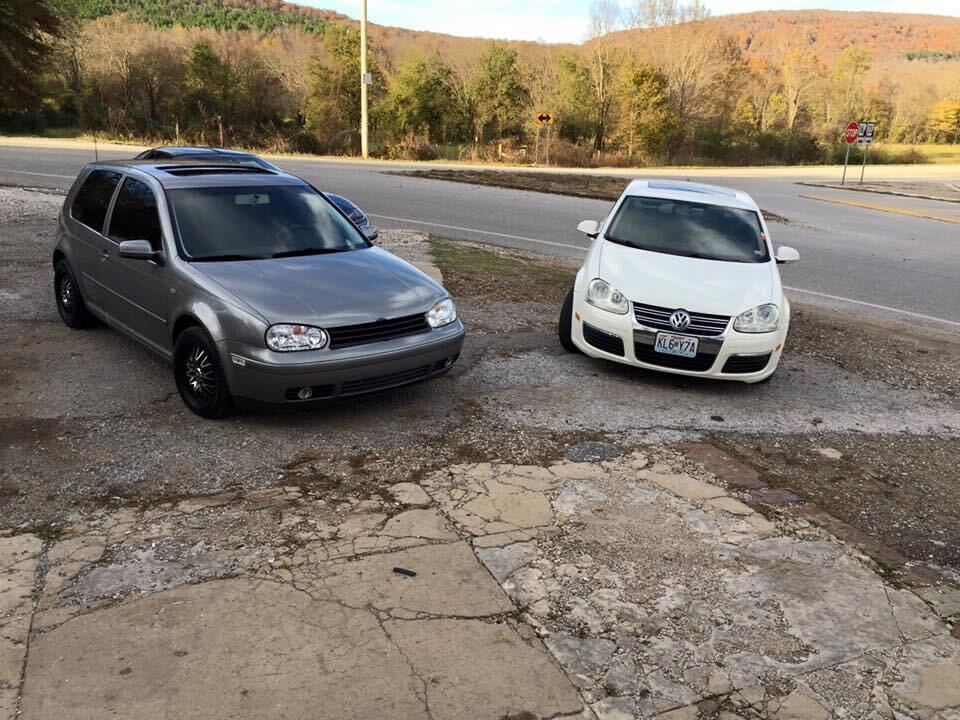
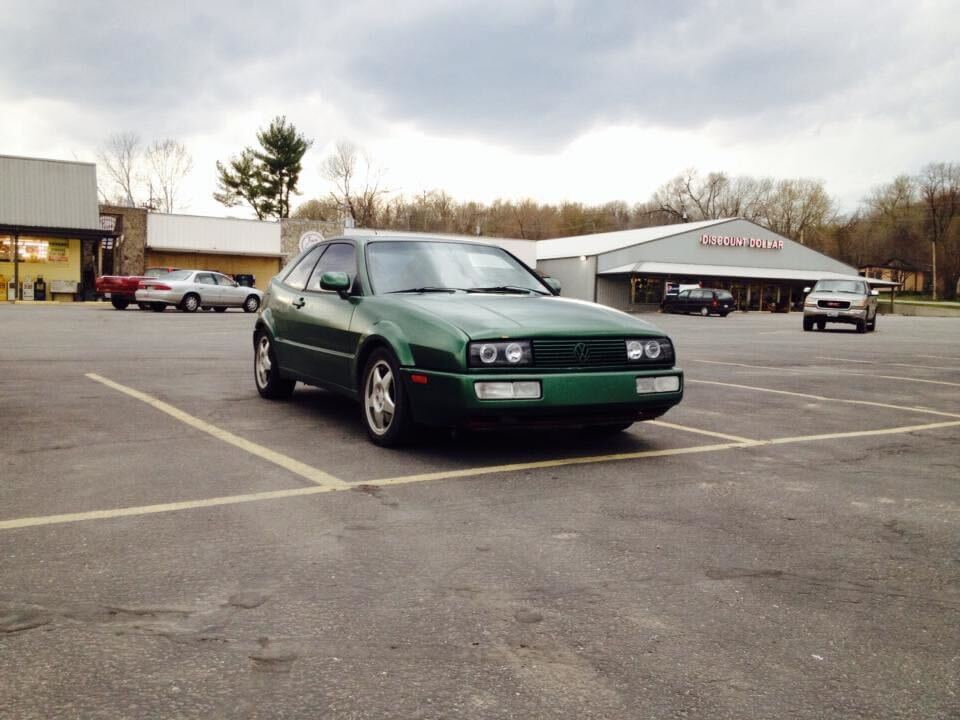
What’s more, we saw fewer cool models as a whole over the last decade. There’s no more Jetta GLI, Passat W8, Phaeton, Beetle TSI, or even minuscule Up GTI, which was essentially a Mk1 Golf GTI for the modern age. Audi, Porsche, and Lamborghini have all kept pushing out interesting stuff, but VW used to be the cheery face of it all as the people’s car. It’s right there in the name, though the history of said name isn’t exactly one we should gloss over—and perhaps it was how VW managed to transcend its roots in Nazi Germany over the rest of the 20th century that made its Dieselgate betrayal in this one all the more painful. Fool me once, etc.
Regardless, there’s no one cause for the loss of its odd, joyful lineup, but it’s at least partially due to the 2015 retirement of Ferdinand Piech, Volkswagen’s old head honcho who, as I said earlier, was an absolute lunatic in the best way.
Ferdinand’s presence is one that still looms large to this day despite him stepping down as leader of the VW Group in 2002 and finally leaving his supervisory role in 2015. (He passed away in 2019.) He’s the man responsible for so many of the group’s wildest creations, including the original Audi Quattro, the modern Porsche 911s, the original Bugatti Veyron, as well as the Golf performance models, the W8 Passat (and indeed, all W engine models), V10 Touareg, and the Phaeton.
Piech did it all, but most of all, he championed attainable halo models that actually got folks into dealerships. He knew the value of having cool vehicles in multiple spots across the lineup and what it does for the rest of the brand, as when you had something cool, you could sell a ton of normie versions by association. He even oversaw the menagerie of custom builds meant for the annual Worthersee VW car show—which moved from Worthersee this year—including the twin-turbocharged W12 Golf once featured on Top Gear.
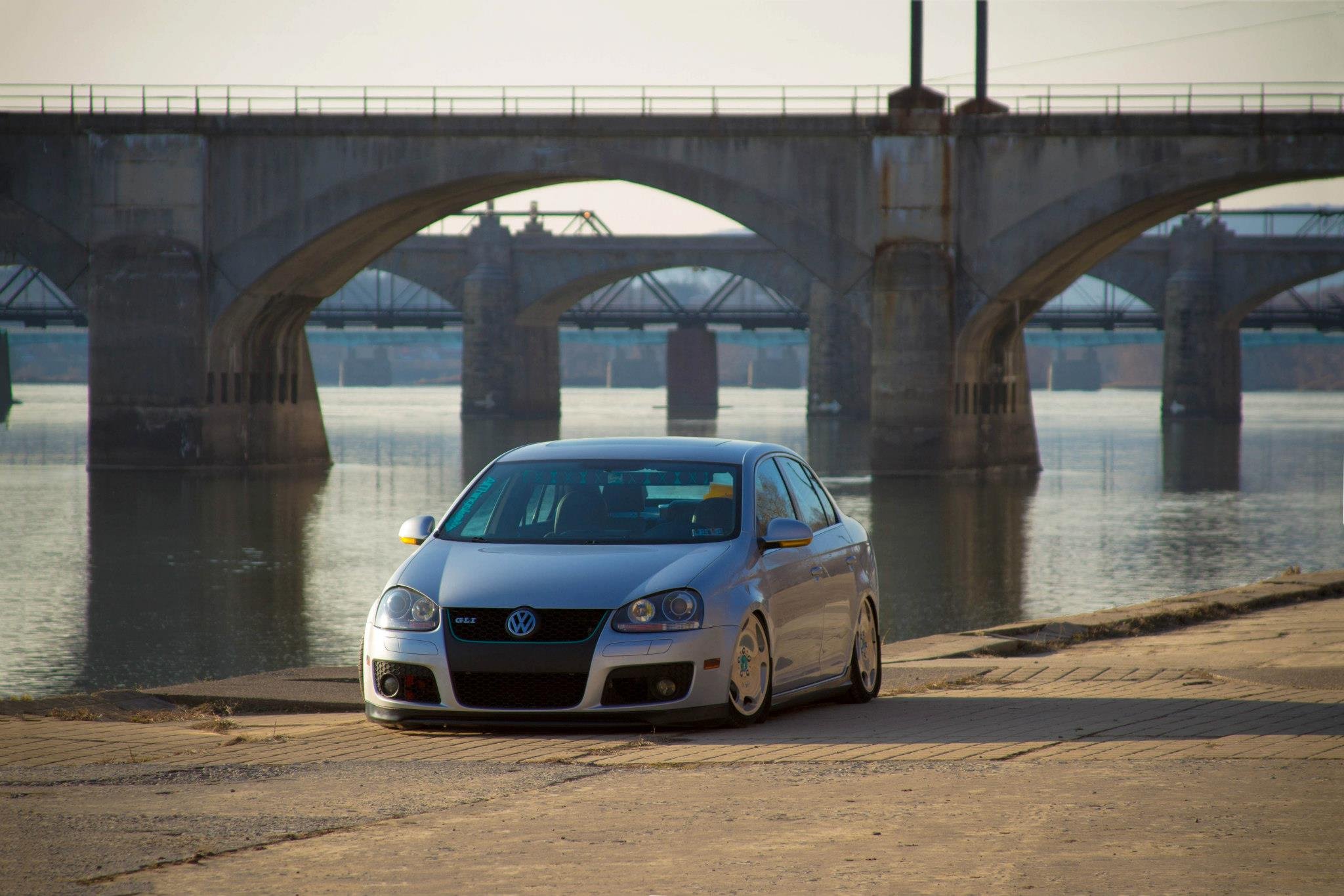
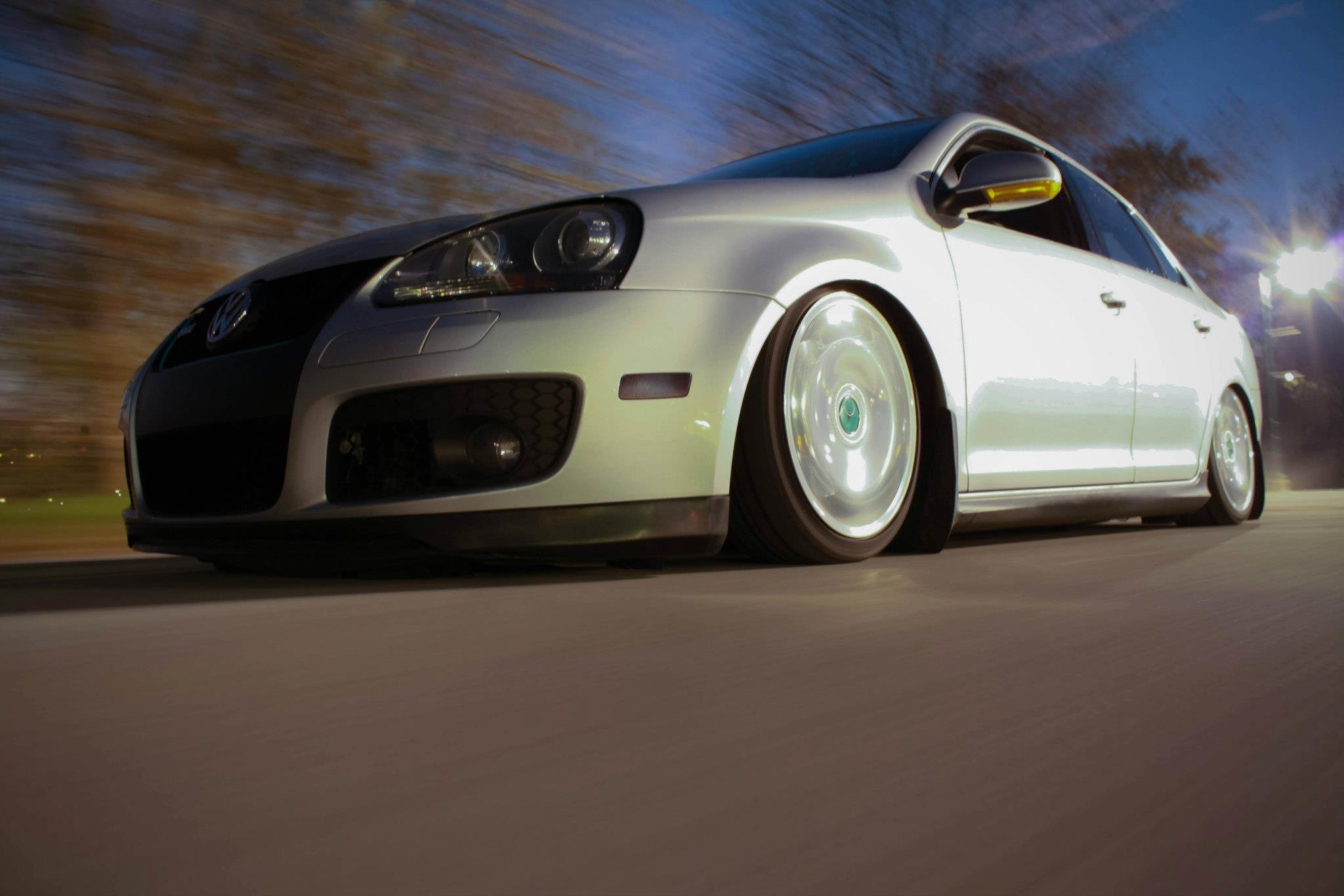
For a time, the company was better for the iron grip he held on things, then worse when he inevitably had to let it go. VW has seen few out-and-out successes since his leaving and passing. It must also be pointed out that the crimes of Dieselgate began under Piech’s reign—but the company he ran would’ve bounced back more than post-2015 VW has. It’s playing it safe, going for the widest appeal possible, and as a result, it feels… average. Consider that it was too cautious to even consider selling the ironically named California camper van in America to catch the obvious demand for factory van-life rigs—a money-losing proposition to be sure, but one that undoubtedly would’ve generated a lot of buzz.
Volkswagen just sorta exists today. And if you put a gun to my head, I’d only be able to accurately describe maybe three cars in its lineup. Of course, the Golf GTI and Golf R are still here, and VW at least has confirmed that will get new generations going forward, saving one of the most important enthusiast nameplates ever. But the Volkswagen of old, that cool Volkswagen that made us all giddy about the latest and greatest, or meeting up with fellow V-Dub nerds, feels like a thing of the past.
There is an argument to be made that those fence-swinging models like the Phaeton or W8 Passat were massive failures. OK, maybe more than just an argument. Please don’t text my wife about how much I spent trying to fix my W8. But they were, and still are, arguably cool, and still talked about to this day. What do we have in 2023 from Volkswagen that we’ll be talking about in hushed tones, in lengthy deep-dives, or in blog posts lamenting how we’ll never financially recover from the purchase in ten years? The ID4? Ha, you’re funny.
I have nothing to make all of us old VW fanatics feel better. There’s no magic wand to wave and find ourselves drooling over a sparkly new VR6. All I have is that question and my theories on why VW lost its mojo. My apologies for the downer.
Now if you’ll excuse me, I’m going to go scroll Bring-a-Trailer for used Golf R32s and take a sip of coffee…HOW MUCH!?
Got a tip or question for the author? Contact them directly: Jonathon@thedrive.com